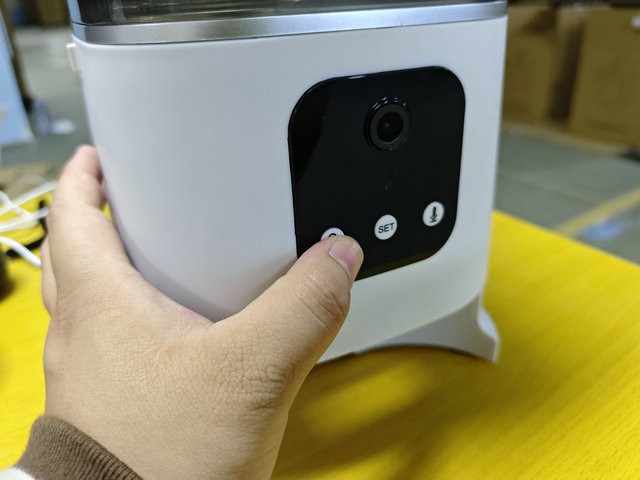Chinese suppliers have experienced a reputation for quality issues in various industries, leading to concerns among global buyers. To understand the reasons behind these challenges, it is crucial to examine factors such as intense price competition, customer variations, production equipment, and supplier awareness. In this article, we will delve into these aspects and provide insights into why quality problems often arise among Chinese suppliers.
Causes of quality issues
1.Intense Price Competition:
Chinese suppliers operate in a highly competitive market where price is often a key differentiating factor. To secure contracts and remain competitive, suppliers may compromise on quality control measures to reduce production costs. This can result in substandard materials, inadequate manufacturing processes, and ultimately, lower product quality.
2.Customer Variations:
Chinese suppliers cater to a wide range of customers, both domestic and international, each with unique requirements and specifications. Managing these variations can be challenging, especially when suppliers lack proper communication channels or fail to fully understand the customer’s quality expectations. Misinterpretation or miscommunication of requirements can lead to discrepancies in product quality.
3.Production Equipment:
Some Chinese suppliers, particularly those catering to lower-priced markets, may use outdated or substandard production equipment. Insufficient investment in modern machinery and technology can hinder their ability to maintain consistent quality standards. Inadequate equipment can lead to issues such as inaccurate measurements, poor product finishing, or unreliable manufacturing processes.
4.Supplier Awareness:
In some cases, Chinese suppliers may lack a comprehensive understanding of quality management systems and fail to prioritize quality control. Factors such as inadequate training, limited access to quality standards and guidelines, or a lack of awareness regarding the potential long-term benefits of quality management can contribute to recurring quality issues.
Addressing the Challenges:
1.Strengthening Supplier-Client Relationships:
Encouraging open communication channels and building strong relationships between buyers and suppliers is essential. Clear and consistent communication regarding quality expectations, specifications, and performance standards can help minimize misunderstandings and enhance the supplier’s ability to meet customer requirements.
2.Promoting Supplier Education and Training:
Investing in supplier education and training programs can improve their understanding of quality management systems and practices. This can include providing access to industry standards, conducting workshops and seminars on quality control, and sharing best practices for manufacturing and inspection processes.
3.Encouraging Technological Upgrades:
Supporting Chinese suppliers in upgrading their production equipment and adopting modern technologies can significantly improve their quality control capabilities. Encouraging investment in advanced machinery, automation, and digital quality monitoring systems can enhance precision, consistency, and efficiency in manufacturing processes.
4.Implementing Quality Audits and Inspections:
Regular quality audits and inspections at different stages of production can help identify and address potential quality issues proactively. Conducting on-site visits, sample testing, and compliance assessments can provide buyers with insights into the supplier’s adherence to quality standards and enable early intervention to mitigate risks.
Conclusion:
The occurrence of quality issues among Chinese suppliers can be attributed to factors such as intense price competition, variations in customer requirements, reliance on outdated production equipment, and limited supplier awareness of quality management practices. Addressing these challenges requires a collaborative approach between buyers and suppliers, including fostering effective communication, investing in supplier education and training, promoting technological upgrades, and implementing regular quality audits and inspections. By addressing these issues, Chinese suppliers can improve their quality control processes and enhance their reputation for delivering products of superior quality.
As a professional third-party inspection company in China, NBNQC helps overseas customers perform supplier audit and quality inspection services in China to ensure that your products meet your quality requirements before shipment.






